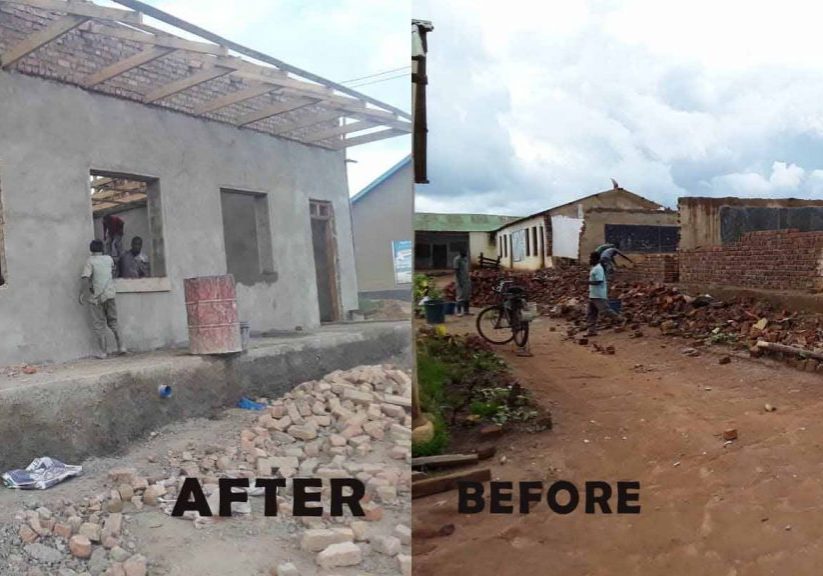Project overview
IDYDC implements a one-year Fixed Amount Award (FAA) USAID agreement under Jifunze Uelewe Activity Grants Under Contract. The main objective of the award is to support Jifunze Uelewe Outcome 3 in increasing community engagement for safe and inclusive learning environments. The award intends to reach a total of 58,896 pupils (29130 girls and 29776 boys) in 773 schools, as well as 773 communities. These beneficiaries are from 9 LGAs, five from Iringa, and four from Morogoro. Iringa: Iringa MC, Iringa DC, Kilolo DC, Mafinga TC and Mufindi DC. Morogoro: Ifakara TC, Mlimba DC, Malinyi DC and Ulanga DC. The table below details the Activity target districts, wards, schools, and pupils.
Key Activties
IDYDC has conducted activities as per the work plan, where the first activities were planning and introductory meetings at different levels. The planning meetings were done with Jifunze Uelewe regional teams and Regional Administrative Secretary (RAS) in Iringa and Morogoro. These were high-level meetings and planning with WEOs. The introductory meetings at the regional level involved LGAs of the specific region in Iringa and Morogoro. Also, printing and distributing Self Learning Modules (SLMs) to 1546 Community Education Mobilizers (CEMs) from 773 communities. Also, IDYDC conducted training designed to capacitate CEMs on community mobilization focusing on Community Education Mobilization and Action Planning (CEMAP) process. CEMs were trained about existing structures in the school, their responsibilities, safety and inclusion, and how to design action plans through the CEMAP process. 169 wards were covered through the training, 24 wards from Kilolo DC, 16 wards from Iringa MC, 28 from Iringa DC, 27 from Mufindi, and 9 from Mafinga TC were covered in Iringa region, while from Morogoro region, 19 wards from Ifakara TC, 20 from Ulanga DC, 10 from Malinyi DC and 19 from Mlimba DC were covered. From these 169 wards, 1594 CEMs (791 F, 803 M) were trained by 169 WEOs (30 F, 139 M) who were the facilitators.
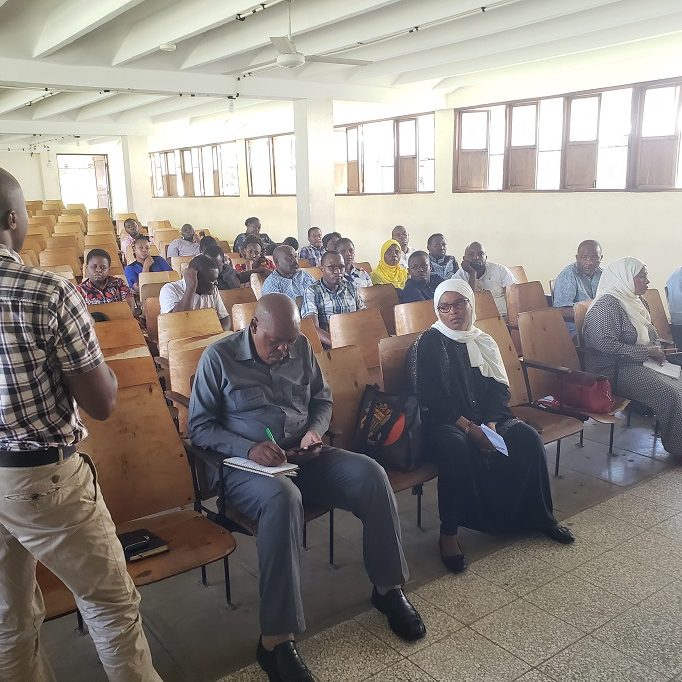
introductory meeting at the regional level involved LGAs of the specific region in Iringa and Morogoro
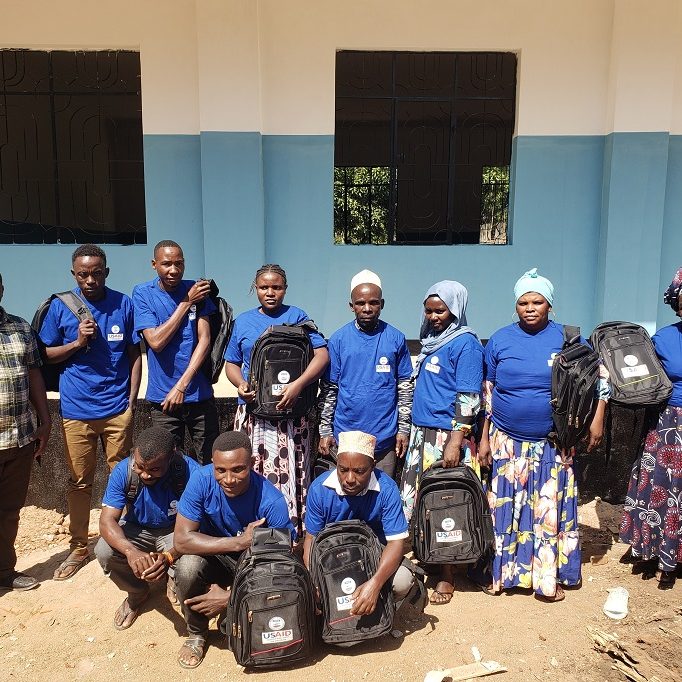
Community education mobilizers (CEMS) after receiving training on Community Education Mobilization and Action Planning (CEMAP) process.
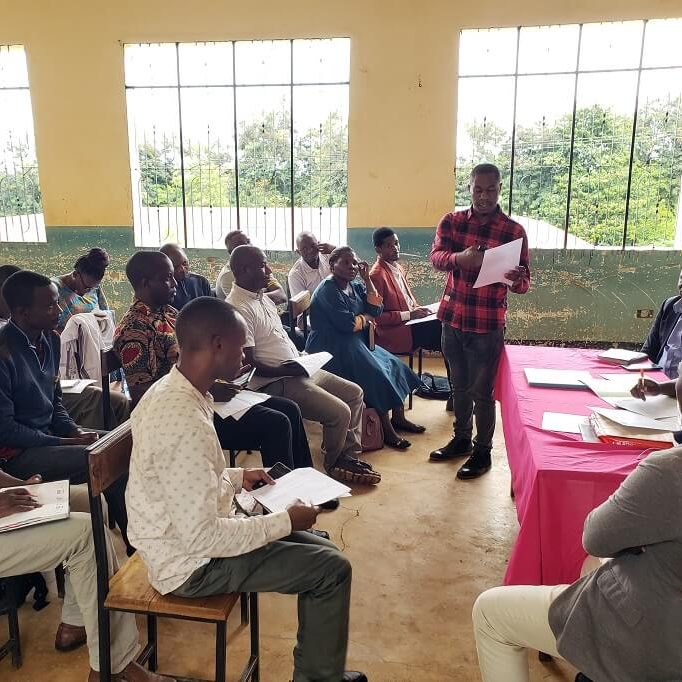
introductory meetings at the district level involving WEOs (Ward Education Officers) from Mlimba District
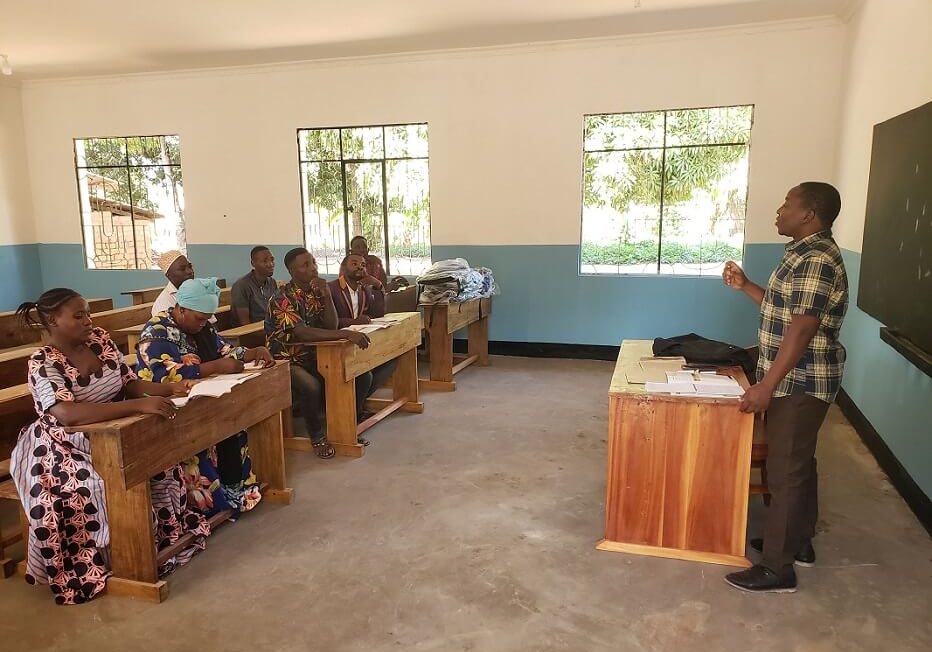
CEMs (Community Education Mobilizers) receiving training from the WEO (Ward Education Officer) in Milola Ward, Ulanga District Council - Morogoro
Achievements
- 2 planning meetings with Jifunze Uelewe teams were conducted successfully in Iringa and Morogoro. The regional secretariat and LGAs agreed to support the implementation of the Jifunze Uelewe project by giving us support
- 9 planning meetings were conducted, and 169 WEOs attended the meeting
- All 9 LGAs with 169 wards, 104 from Iringa and 65 from Morogoro successfully complete CEMs orientation
- IDYDC conducted orientation through WEOs to 1594 CEMs (793 female, 803 female). The attendance was more than 100% as the target was 1546 CEMs, the increase of 48 CEMs is due to the increased number of new schools
- 236 action plans have been submitted since the completion of CEMs orientation and 367 reading centres have been formed.
